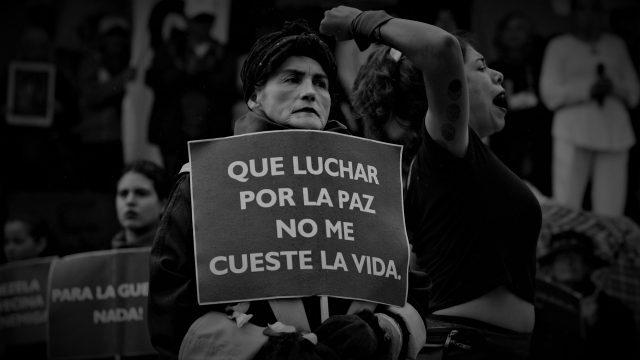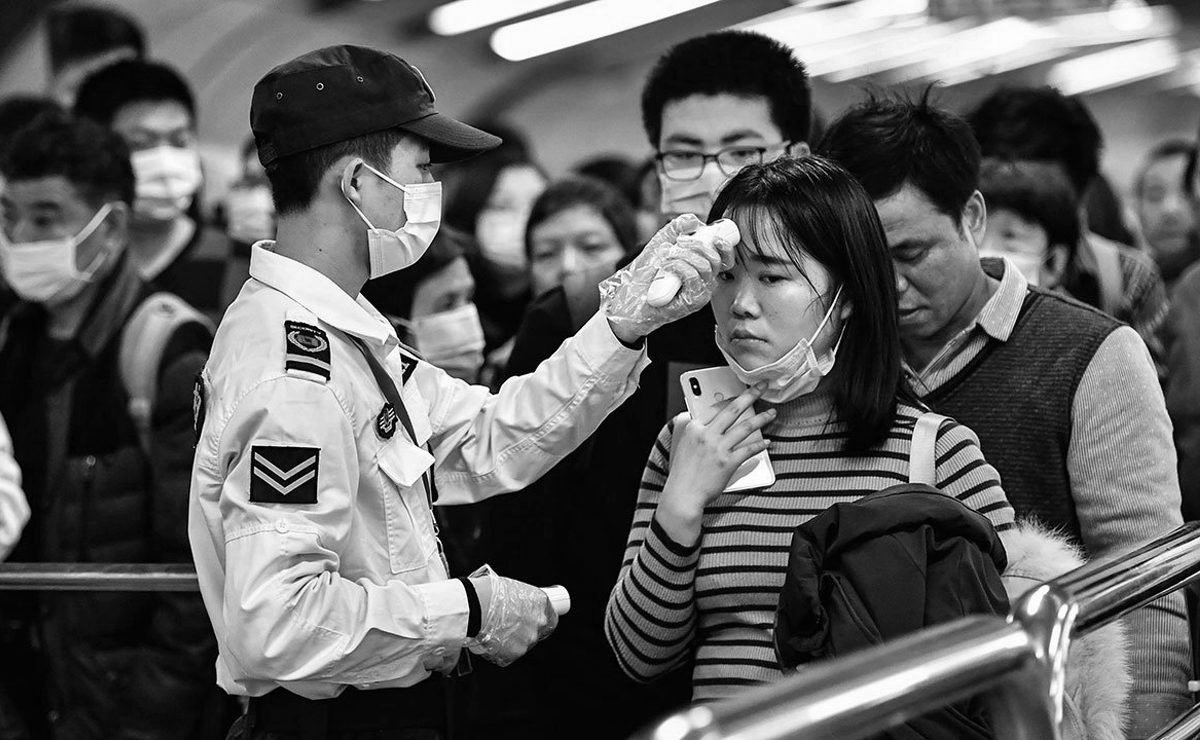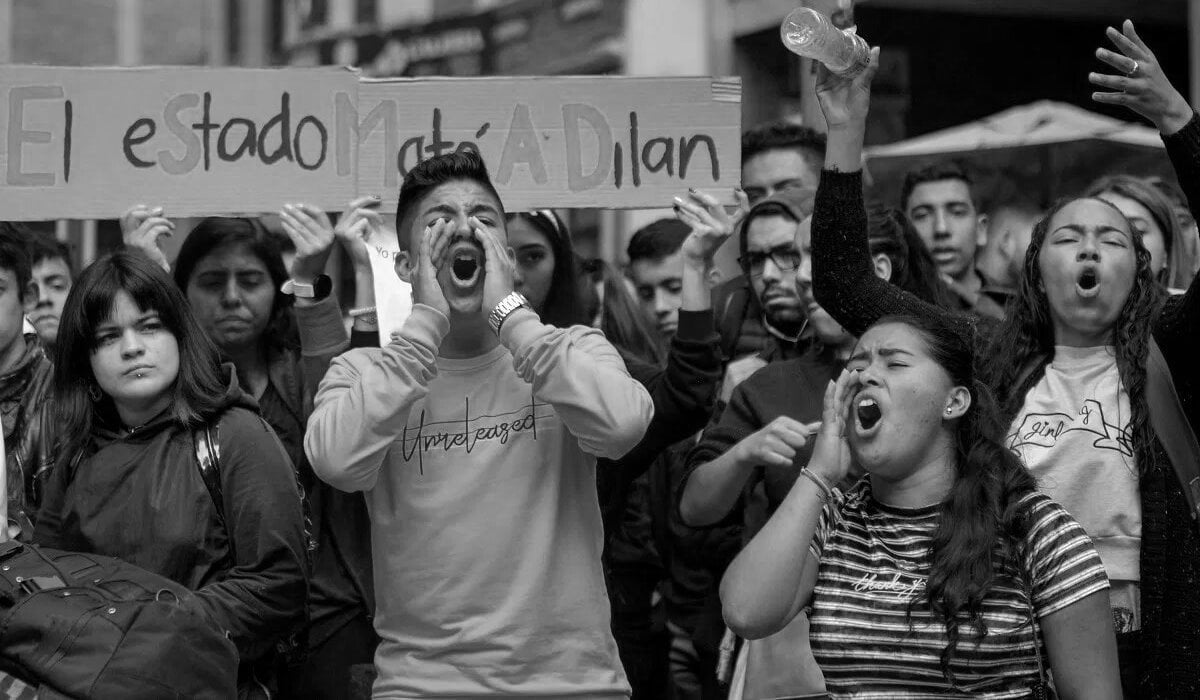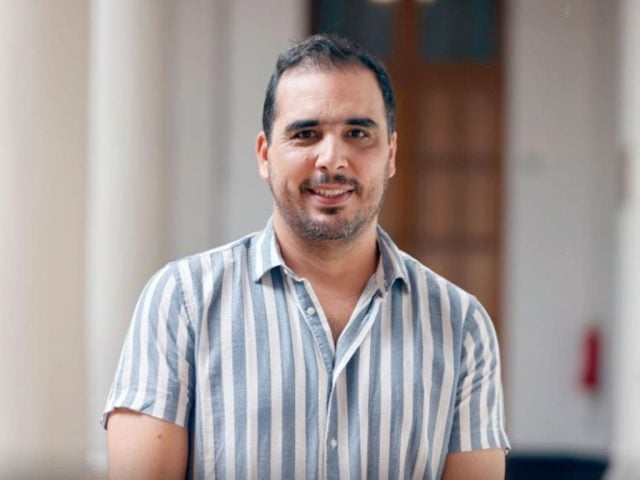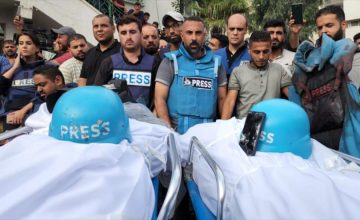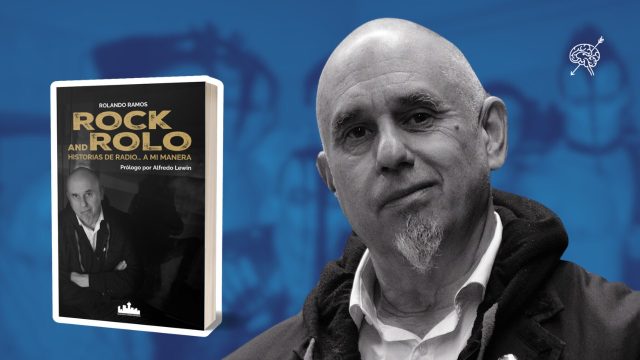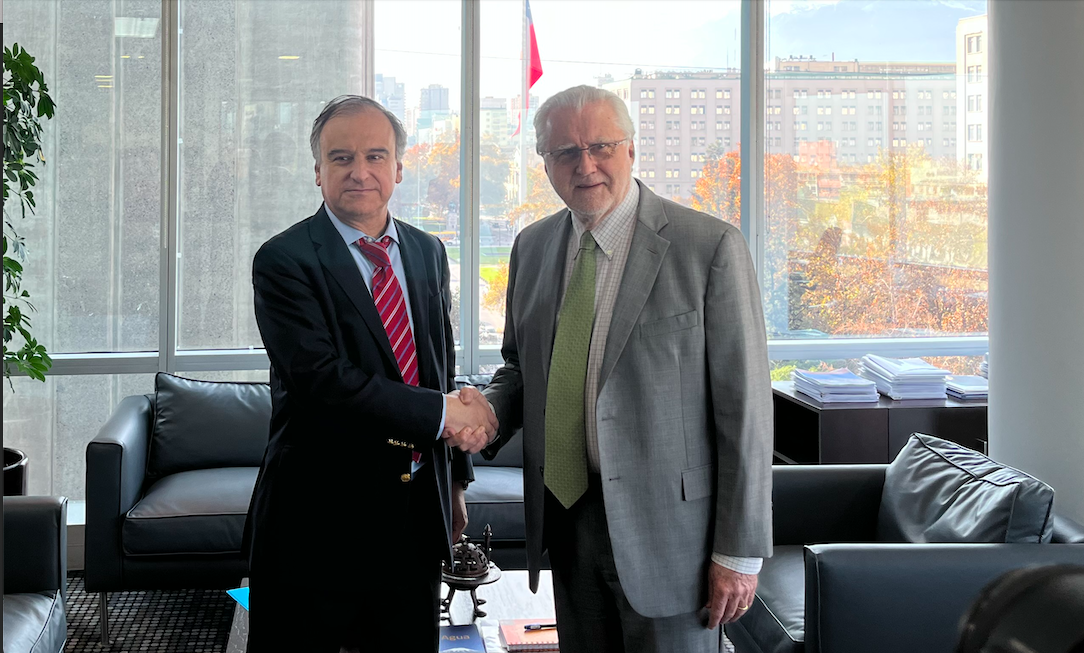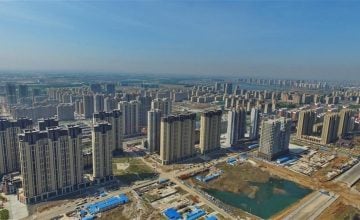The internal conflict that Colombia has been experiencing for more than 70 years has today, its most violent version. The regime of Iván Duque, Álvaro Uribe’s ward, cares little about solving the atrocities suffered by the colombian population. And, unfortunately, among the most forgotten and unprotected, the victims of enforced disappearances stand out.
In the South American country, at least 80,000 people have been victims of enforced disappearance in the last 50 years. This form of violence is capable of producing terror, causing prolonged suffering and altering the lives of families for generations. Furthermore, it can also paralyze entire communities and societies.
The figures on forced disappearances in Colombia were scattered in various institutions and social organizations. One of the tasks of the National Center for Historical Memory (CNMH) was to consolidate them.
In 2016, the CNMH published the report «Until we find them: The drama of forced disappearance in Colombia». It revealed that between 1970 and 2015, 60,630 people were forcibly disappeared in the country.

Subsequently, in 2018, the CNMH’s Memory and Conflict Observatory continued with the work of research and compilation. Until August of that year they reported no less than 80,000 victims of this scourge.
According to the latest Legal Medicine report, published in October, in the year 2020 there were almost 3,000 new missing persons. Of that number, 1,727 are men and 1,086 are women.
Recently, the journalist Laura Alejandra Moreno published a report that addresses the situation of the disappeared. It is entitled «The struggle of women seeking their disappeared in the Eastern Plains». There, she describes how the relatives of the victims come together to support each other and help each other cope with the situation.

Pain, struggle and social conscience
“We give them our pain, our struggle and our social conscience. We women want to help build peace”, cites the report. These words belong to mothers, sisters, wives and daughters who have dedicated a good part of their lives to searching for their missing relatives in the Eastern Plains.
Thus, these women, over the years, became seekers of truth, justice and reparation. A few days ago they even shared their experiences with the Truth Commission.
These women make up the Nydia Erika Bautista Foundation, dedicated to defending the rights of relatives of victims of enforced disappearances. For two years, they collected the stories of 85 disappeared in Guaviare, Meta and Vichada.
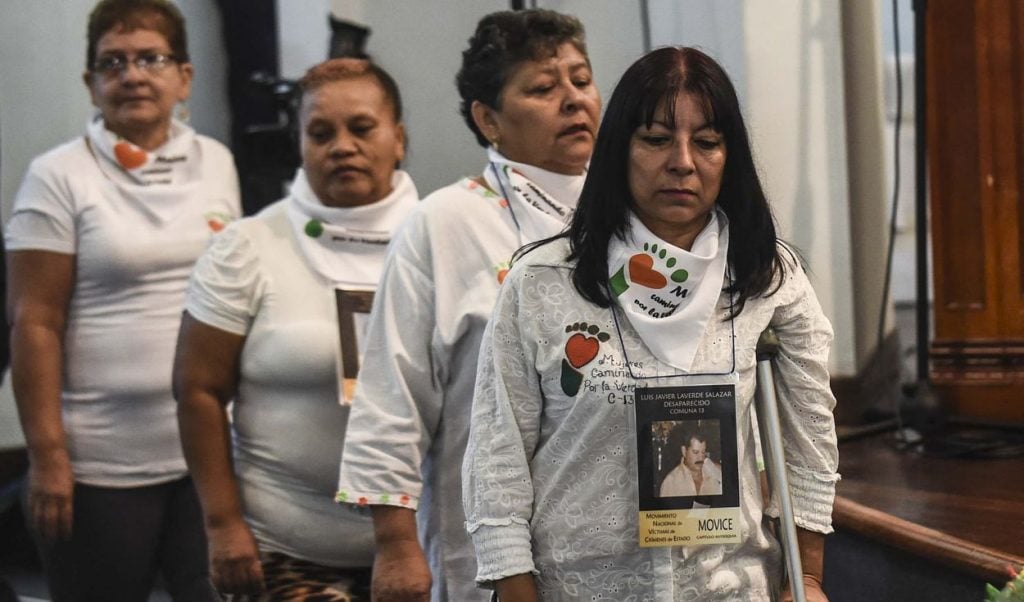
The testimonies and the systematicity used by the actors in the conflict (legal and illegal) to commit these crimes were evidenced. «Never again forgetfulness: forced disappearances, recruitment of minors and disappeared women in the Eastern Plains», was called the report delivered to the Truth Commission.
In their investigation, the women found that 7,308 inhabitants of the three departments were forcibly disappeared between 1985 and 2019. Of these disappearances, 591 occurred in Meta during 2002, that is, at least one disappeared per day that year. Although the families have collected evidence, testimonies and clues that can bring them closer to the truth, the majority of cases remain unpunished.
“In 90% of the cases, the Prosecutor’s Office concluded that the disappeared are dead. However, their families are uncertain about what really happened to their fathers, mothers, brothers, wives, daughters and uncles. They also don’t know where their bodies are. On the contrary, they are still waiting for the truth ”, explains Moreno in her report written for Pacifista!
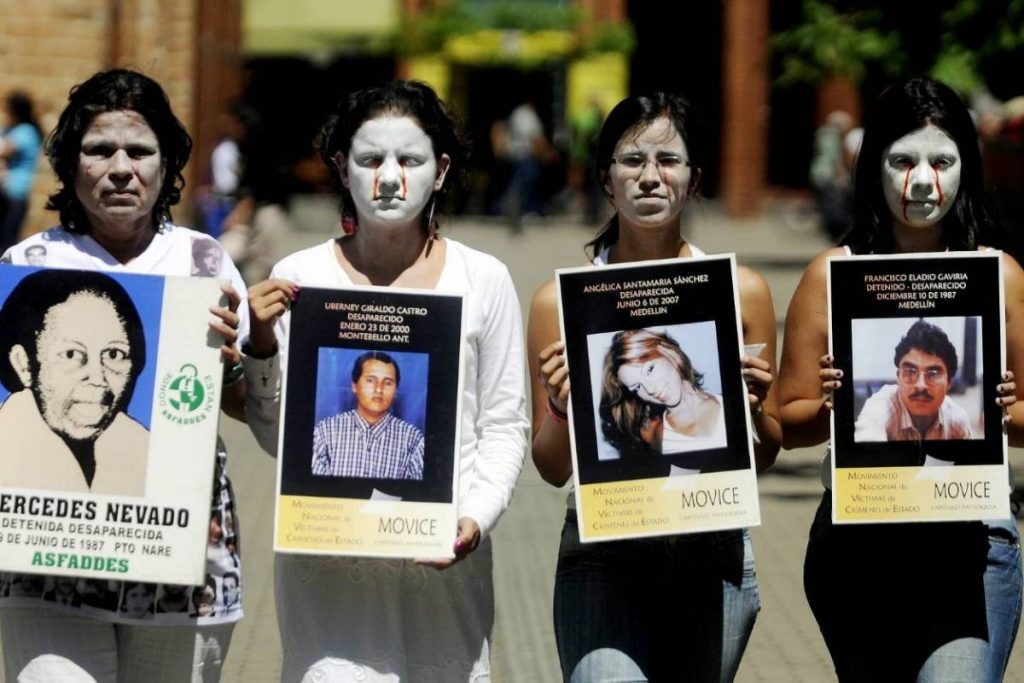
Disappeared by paramilitaries
“My grandmother took the risk of looking for my dad. She handed over evidence and clues to the Prosecutor’s Office, but the investigators have not done something, whatever, with that information». These are María José’s words, who along with her sister was four years old when the paramilitaries disappeared her father.
Her grandmother started a search and for six years they joined that task for the truth. «We want the State to listen to us and give us a dignified response, to join us in this search». This is what María José requested, when speaking with the Commission.
Of the 7,308 disappeared in Meta, Guaviare and Vichada, only 2% have turned up alive. Meanwhile, 74% continue in that status, without a trace or clue of their whereabouts. The majority (99%) are civilians: day laborers, students, merchants, coca leaf ‘raspachines’ (poor informal workers) and victims of other attacks, such as mass displacement.
According to the foundation’s report, many were stigmatized by the Public Force and by paramilitary groups. Unfortunately, they are singled out as «informants for the guerrillas».
Yanette Bautista, director of the Nydia Erika Bautista Foundation, spoke about this scourge. She explained that forced disappearances are a systematic practice of armed actors in the Eastern Plains.
For years, they have militarized the lives of millions in that region, with the ‘excuse’ of controlling towns and rural areas. In addition, they threaten, torture and even recruit young people.
In the middle of their search, they are revictimized by the Public Force, denying them accompaniment while they collect evidence. They also violate their rights, such as Lucila Plata, whose husband disappeared 21 years ago. Today, she is also a victim of sexual violence by the Army.
Her work is full of obstacles, mainly those put by the State. They say they feel abandoned when looking for their missing relatives.
A risky task
The work they carry out is risky, because seeking the truth has meant exposing their lives. During the investigations, the bodies of their loved ones are hidden from them and they have received threats. Some even had to flee their lands.
“Seekers are re-victimized while doing their task. The armed groups attack them with threats, displacement and sexual violence ”, said Rebekka Rust, representative of the Propaz GIZ program of German cooperation, an organization that helped them prepare the report.
«The State is not interested in our pain», claimed Amparo Butaco after telling the story of her daughter who was sexually abused and disappeared by paramilitary groups 18 years ago in San José del Guaviare. Gender-based violence has been a constant among the disappeared in the Eastern Plains, states the report.
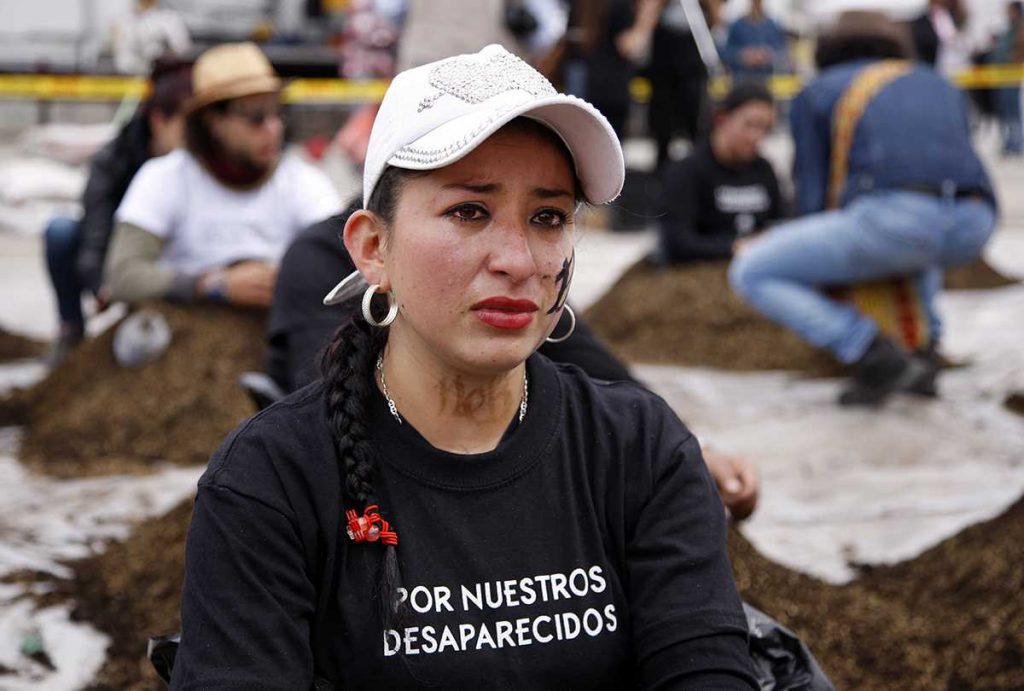
Despite the difficulties and risks, these women have waged a collective struggle to claim their rights. Their greatest goal is to be able, finally, to clarify the truth about her relatives.
The report describes them as follows: “We talk about women who became ‘raspachines’ to find out how their children disappeared; investigators looking for testimonies, who go to the places where their loved ones may have been buried; women who have been attacked for persisting in their search».
All of them pursue the common goal of finding the truth about their ‘disappeared’ and helping other women who are also victims. «We hope to be able to close our cycle one day and have a place to take a flower» to our loved ones, concluded Amparo.
